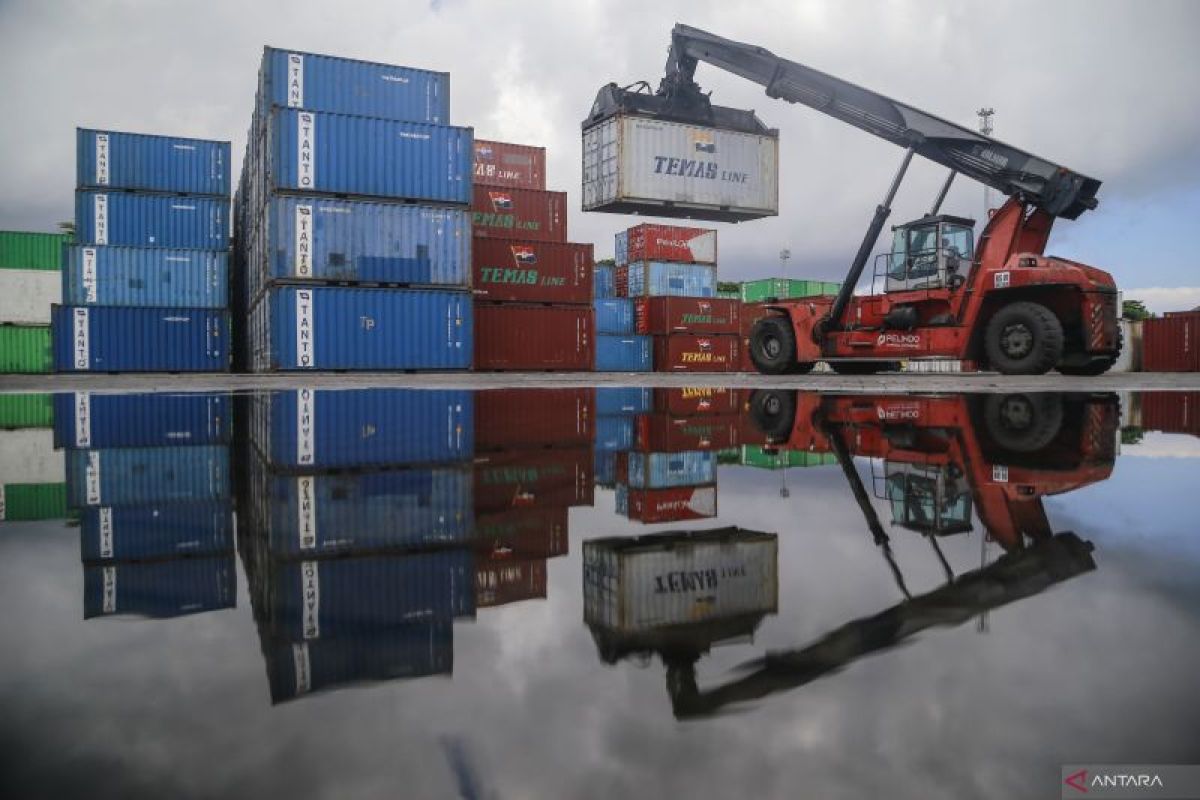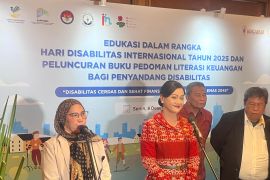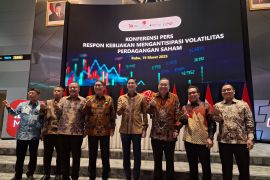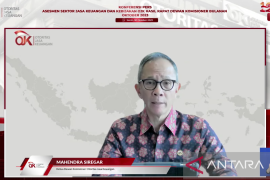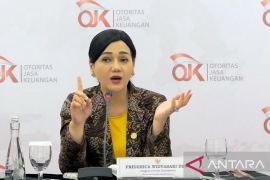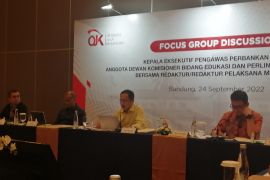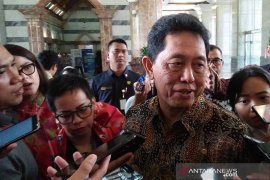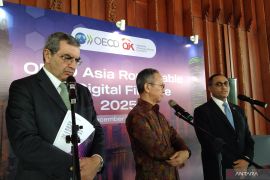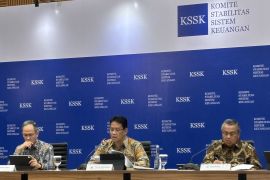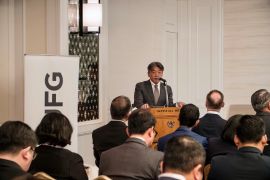“Investment is expected to be a key driver to make various government programs a success, including the 3 million housing program for low-income people,” deputy commissioner of financial system stability at the OJK, Agus E. Siregar, said at the Economic Outlook 2025 here on Tuesday.
The OJK anticipates that the 3 million housing program will generate a significant multiplier effect, providing affordable housing while simultaneously creating jobs and stimulating the real sector.
To support this program, the OJK has taken proactive steps, requiring full contribution from the financial services sector. These steps include relaxing banking sector policies to encourage increased lending for housing.
Siregar explained that optimizing financing from non-bank institutions is also crucial, particularly from the state-owned mortgage financing company, PT Sarana Multigriya Finansial (SMF), and the public housing savings agency, BP Tapera.
The OJK also expects the insurance industry to form a consortium to significantly increase its support for housing financing.
"Furthermore, the OJK will continue to coordinate with various stakeholders to provide liquidity support for this program, including through asset-backed securities, which can serve as a valuable financing instrument," he stated.
Regarding exports, the OJK believes that Indonesia's membership in international forums, such as BRICS and the OECD, will contribute to expanding export markets.
"Indonesia's bid for OECD membership should be viewed not only as a diplomatic achievement, but also as a strategic opportunity to expand markets and enhance the competitiveness of national exports," he added.
Meanwhile, according to him, industrial downstreaming must remain a priority to diversify the export base and, at the same time, increase the competitiveness of Indonesian products. In this case, support from the financial sector is very important to realize the vision.
The OJK believes that the domestic financial services sector can play a strategic role as a driving force in various government programs, considering modalities such as strong capital, adequate liquidity, a manageable risk profile, as well as performance, which is continuing to grow positively.
Siregar acknowledged that transforming the Indonesian economy is a complex undertaking. Domestically, the nation faces the challenge of recovering consumer purchasing power.
Externally, it confronts global uncertainties, including the lingering effects of US policies from the Trump administration, the monetary policy direction of developed countries, and geopolitical tensions in various regions.
“This situation requires considerable effort from our country to start a transformative journey, innovative breakthroughs, and find new growth drivers for economic growth. Without these efforts, the target of achieving 8 percent economic growth, as planned by the President (Prabowo Subianto), will not be an easy job,” he added.
Related news: Indonesia's entry into BRICS aims to bridge global gaps
Related news: RI Govt issues apology following death linked to subsidized LPG queue
Translator: Rizka Khaerunnisa, Yashinta Difa
Editor: Aditya Eko Sigit Wicaksono
Copyright © ANTARA 2025
